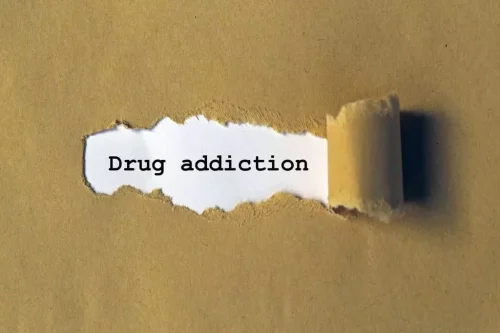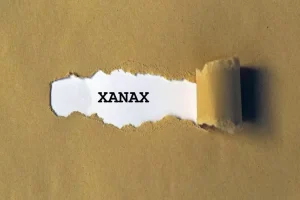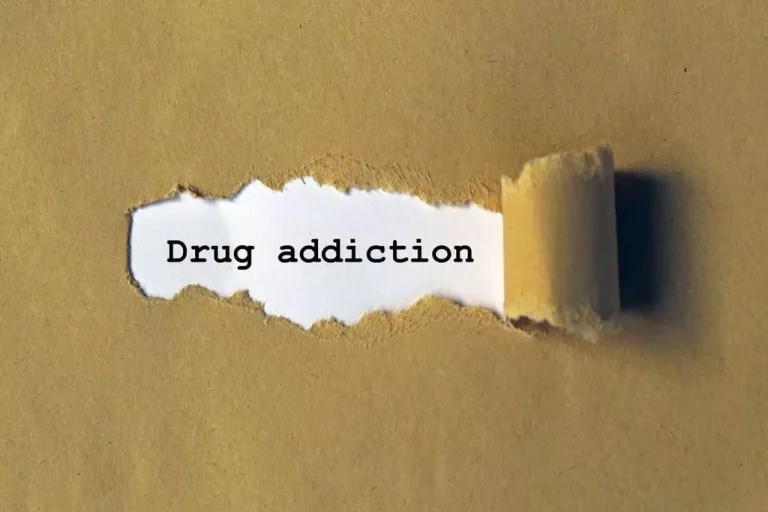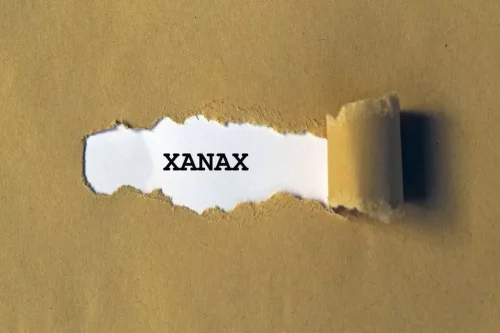
Setbacks don’t erase progress, though, and they don’t mean you’ve “failed” to stay sober. Remaining sober over time is about much more than willpower. Research on sober living houses also states that residents experience a higher possibility of securing employment and a lower likelihood of getting arrested. Going to a sober living house has been proven to support sobriety efforts, with results ranging from a decreased amount of relapses to long-term sobriety. Suppose you’ve recently relapsed and found that the stress of being in environments around alcohol and drugs or a lack of structure is particularly triggering.

FRONTLINE
- Halfway houses have a limit to how long someone can live there.
- We strive to create content that is clear, concise, and easy to understand.
- Some people may find that wearable devices and smartphone apps can support their recovery from alcohol use disorder.
- For a split second, I wondered if I should have stood in solidarity with Joe.
- “But having a recovery specialist and a social worker broadened the scope of what we could offer.
Whether from loved ones or specific groups, sobriety support entails numerous advantages. Using positive techniques like meditation and support groups helps break the cycle of relapse, continuing the sobriety process. Some research postulates that relapses have three stages, and becoming aware of them helps you choose the best methods to maintain sobriety. If you’re involved in a tips to stay sober 12-step program, you likely already know the importance of milestones. In these programs, it’s customary to receive plastic chips as you progress to the one-year mark, at which time you receive a bronze coin. Although these new activities are healthy and productive, they can be a stumbling block to lasting recovery if they become a transfer addiction to fill the void left by the original addiction.
Recovery
- The collaborative reporting effort will also include text stories, video pieces and interactives in The New York Times.
- If you violate parole, your parole officer might request a parole hearing.
- The first 23 years of that sentence were spent in solitary confinement where he wrote, read, and taught himself painting until being released to general population.
- The definition of sobriety includes abstinence as a first step to addiction recovery.
- Something important to note is that sober living houses are not the same as halfway houses.
- Parole violations can lead to stricter monitoring requirements or even a return to incarceration.
- New Jersey’s slice of that pie was intended to help only parolees at risk of opioid overdose.
Parole is a kind of conditional release from a prison sentence. There are three main types of parole—mandatory, discretionary and expiatory. A parole board can attach many different conditions to your parole. If you violate your parole, you could get sent back to prison.

Develop a Structured Schedule
This could come in the form of a punishment or more conditions on your parole. While the purpose of abstinence is being substance-free from a physical standpoint, sobriety also entails avoiding emotional and mental relapses to rebuild one’s life. Sobriety entails abstinence from substances causing harm or addiction and learning specific tools and skills to overcome substance abuse and prevent relapsing. Staying sober requires a person to analyze the reasons why they were using the substance, identify their personal triggers for relapse, and avoid falling into a pattern of use again. This article will describe sobriety in more detail, the challenges a person faces while working to stay sober, the options for treatment, and tips for building a sober lifestyle.

Now that you are sober, you may have discovered that some of your past relationships were not only unhealthy but downright toxic. It’s not just your drinking buddies and drug dealers who can get you into trouble—sometimes those who are closest to you can contribute to a relapse. You may also need to change your route to work or home in order to avoid any triggers, or people, places, or things that make you want to use drugs or drink again. Some of the immediate changes you will need to make will be obvious—like not hanging around the people that you used with or obtained drugs from.

Julia Childs Heyl is a clinical social worker who focuses on mental health disparities, the healing of generational trauma, and depth psychotherapy. Prisoners who already have parole hearing dates can lose this privilege based on poor behavior while incarcerated. Parole is a conditional freedom for those convicted of a felony who have served part or all of a prison sentence. Prisoners on parole are known as “parolees” and must meet certain conditions to apply for and keep parole privileges. When I left prison uncuffed and unshackled, my eyes were brimming with tears of joy and gratitude. Still, a part of me felt a strong sense of indignation that I would have to be on parole for the remainder of my life.
- Talk to your therapist, other healthcare provider, or sponsor about how to deal with your anger in ways that won’t cause you to harm yourself or others or turn to alcohol or drugs.
- John C. Umhau, MD, MPH, CPE is board-certified in addiction medicine and preventative medicine.
- Some state laws automatically grant parole hearings after prisoners serve a set number of months or years, but this privilege is not extended to everyone.
- Living the precious remaining years of his life under parole supervision was simply untenable.
- Maintaining sobriety can be a difficult process, however, a sober living house may provide you with the kind of structure and support you’ll need to maintain your sobriety.
- Joy Thompson was at a loss.Her opioid addiction had led to theft, and theft led to prison.
She wrote the first iteration of this short script in her “Short Film Writing, Development, and Production” class in Marymount Manhattan College’s Bedford Hills College Program. Two special categories include the Fielding A. Dawson Award, given to promising works, and the Bell Chevigney Award for Women’s Nonfiction. These special awards are named in honor of founding members of PEN America’s Prison Writing Committee. These are far from the only conditions of parole but they are the most common. Support systems are also accountability systems, instilling a sense of responsibility toward oneself and others. This helps recovering individuals follow their goals, reducing relapse risks.
Around half of all the inmates put on parole in the U.S. end up violating the terms of their release and are sent back to prison. But across the country, states are trying to change the way their parole systems work in an effort to lower recidivism rates and reduce prison populations. Before I found out why Joe refused release, I thought of Brooks Hatlen, a character in the movie “The Shawshank Redemption” who becomes parole eligible after 50 years of imprisonment.
Senaste kommentarer